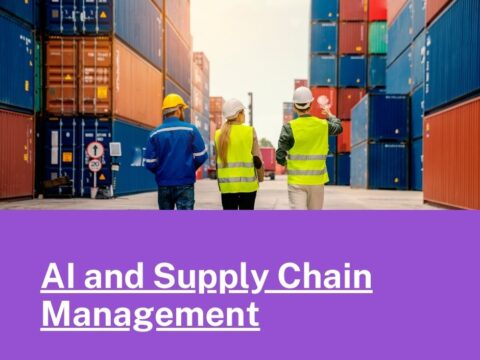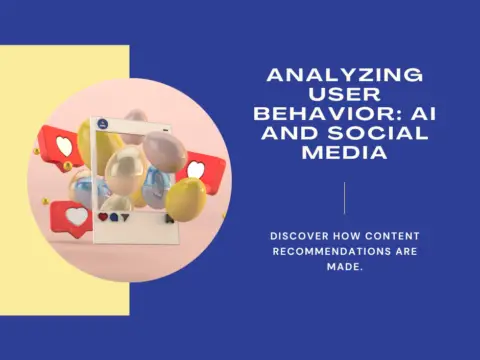Artificial Intelligence (AI) is reshaping the field of Human Resources, bringing about a paradigm shift in how organizations approach talent acquisition and employee management. In this exploration, we’ll delve into the profound impact of AI on HR practices, uncovering how advanced technologies are optimizing the recruitment process, elevating employee experiences, and contributing to the overall success of businesses.
Automated Recruitment Processes: Streamlining Talent Acquisition
AI-powered tools are revolutionizing the recruitment journey by automating routine tasks. From sifting through resumes to conducting initial candidate assessments, AI algorithms analyze vast datasets efficiently. This not only saves time for HR professionals but also ensures a more objective and data-driven approach to candidate selection.
Predictive Analytics for Hiring Success
AI employs predictive analytics to discern patterns in candidate data, empowering HR teams to make informed decisions. By studying the success factors of current employees, AI predicts a candidate’s potential success in a specific role. This aids in strategic workforce planning and the formulation of effective talent acquisition strategies.
Enhanced Candidate Experience through Chatbots
Chatbots, fueled by AI, are enriching the candidate experience by offering real-time communication and support. From answering common queries to guiding candidates through the application process, chatbots provide a personalized and responsive interaction, shaping a positive perception of the company from the initial stages.
Employee Onboarding and Training Optimization
AI is instrumental in refining employee onboarding and training processes. Personalized onboarding plans, AI-driven training modules, and adaptive learning paths contribute to a more tailored and efficient onboarding experience. This accelerates the time it takes for employees to become productive and enhances overall retention rates.
Performance Management and Feedback Automation
AI facilitates continuous performance management through automated feedback systems. These systems analyze performance data, deliver timely feedback, and offer insights into areas for improvement. This data-driven approach ensures a transparent and objective performance assessment process.
Employee Engagement and Sentiment Analysis
AI tools analyze employee feedback and sentiments to gauge satisfaction and engagement levels. Sentiment analysis algorithms identify trends, concerns, and areas for improvement in real-time, enabling HR teams to proactively address issues and foster a positive work environment.
HR Analytics for Strategic Decision-Making
AI-driven HR analytics provides valuable insights into workforce trends, empowering HR professionals to make data-driven decisions. From predicting employee turnover to identifying skills gaps, HR analytics supports strategic workforce planning, ensuring organizations have the right talent for future growth.
Diversity and Inclusion Initiatives
AI assists in fostering diversity and inclusion by removing biases from the recruitment process. Identifying and eliminating language or gender biases in job descriptions and candidate evaluations helps organizations build more diverse teams, fostering innovation and creativity.
Ethical Considerations and Bias Mitigation
As AI becomes more integrated into HR processes, ethical considerations and bias mitigation are crucial. HR professionals must ensure that AI systems are fair, transparent, and free from biases that could impact hiring decisions or employee management.
The Future of AI in HR: Continuous Evolution
Looking ahead, the future of AI in Human Resources promises even greater innovation. From AI-driven employee well-being initiatives to the use of virtual HR assistants, the continuous evolution of AI technologies will play a central role in shaping the future of work.




